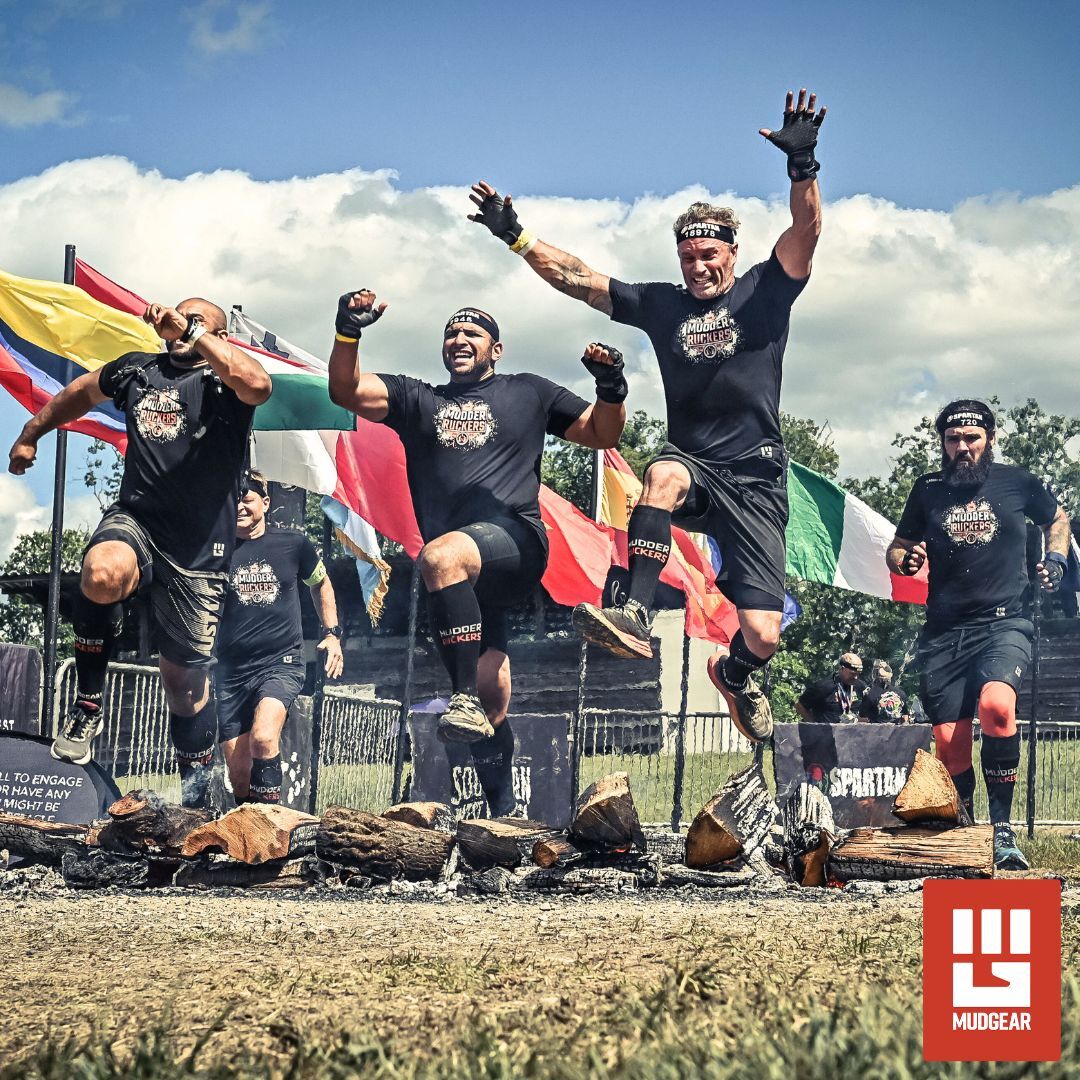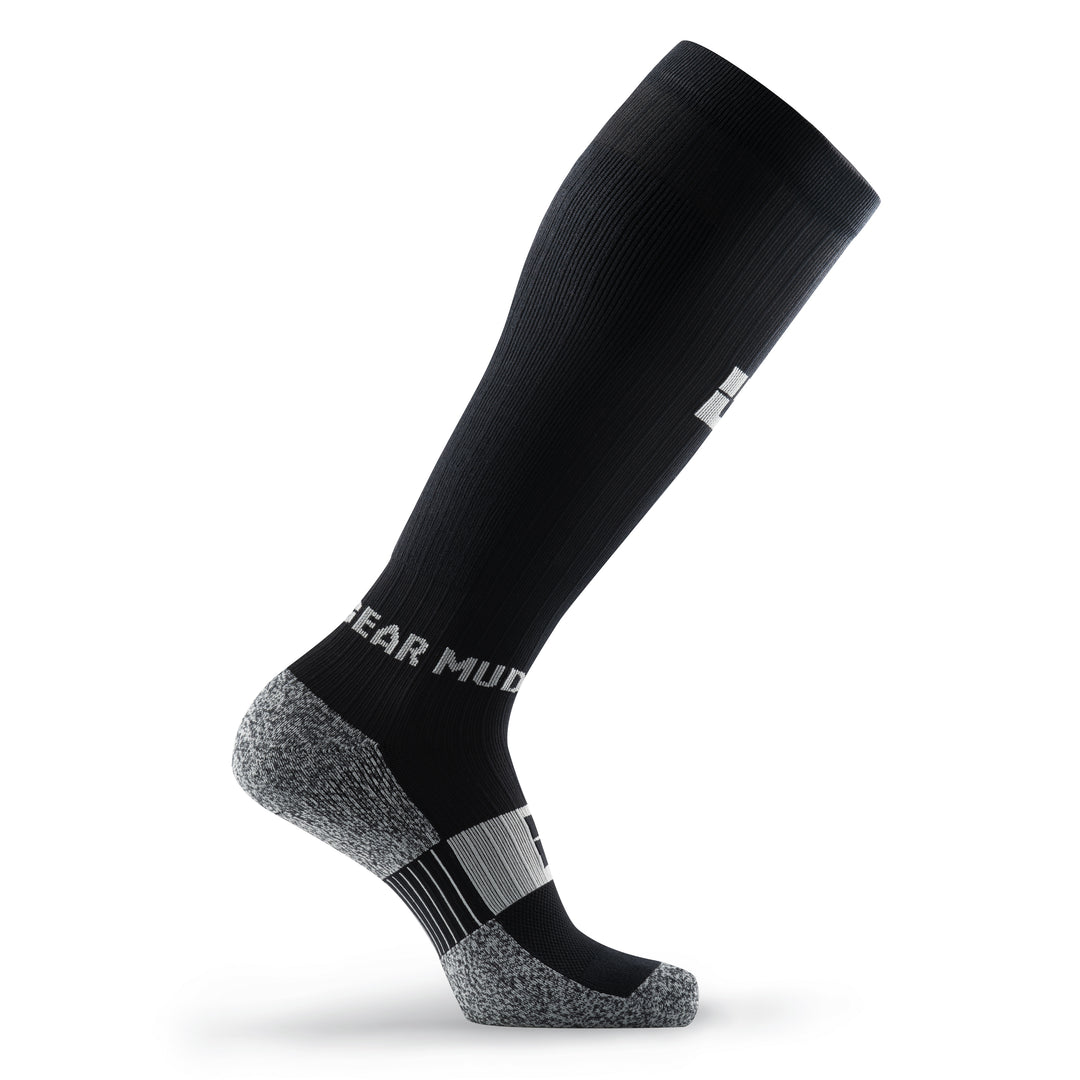8-Weeks to Ruck Event Ready: Your Essential Guide to Conquering Your First Ruck Event
Introduction:
If you’re reading this, you’ve probably paid good money to sign up for some scary-as-hell event that will require you to wear a weighted ruck-sack for a God-awful amount of time (possibly overnight!). Your family and friends probably think you are crazy, and you’re not entirely sure that they’re wrong. Either way, you’ve signed up for this event, so the last thing you want to do is back out or not finish it. That will prove all the naysayers right and we cannot let that happen. Lucky for you, we are here to help prep you to conquer your goal.
You probably know roughly what to expect in your event. You can count on it to be a big physical and mental challenge - one that might take you right up to your breaking point. Nothing we tell you in this guide will change that. But what we can do is get you to the event with a better appreciation for what’s in store and a foundation for success. We’ll help you build up the muscles you’ll need to carry the weight and walk the walk, but the rest is up to you and will be more about the muscles between your ears (you’ll have to talk the self talk).
By committing to follow this plan, you’ll equip yourself with the knowledge, training, nutrition, and mental grit you’ll need to embark on this unique challenge.

Week-by-Week Breakdown
Each week focuses on specific areas of preparation with detailed instructions, tips, and actionable steps.
- Week 1 & 2: Foundation Building
- Focus: Introduction to rucking, building a base level of fitness, and understanding the importance of the right gear.
- Action Steps: Start with short ruck marches, gradually increasing weight. Introduction to MudGear’s essential gear for rucking.
- Week 3 & 4: Strength and Endurance
- Focus: Developing the physical strength and endurance required for rucking through targeted exercises and longer ruck marches.'
- Action Steps: Include strength training exercises and longer ruck marches in your routine. Tips on staying motivated and dealing with discomfort.
- Week 5 & 6: Terrain Training and Recovery
- Focus: Adapting to different terrains and focusing on recovery techniques.
- Action Steps: Ruck on varied terrains. Learn recovery techniques and the importance of rest days.
- Week 7: Nutrition and Hydration
- Focus: Understanding the role of nutrition and hydration in endurance events.
- Action Steps: Guide to eating for endurance, hydration strategies, and practice rucks with nutrition and hydration plan.
- Week 8: The Final Push and Event Day Prep
- Focus: Final preparations, tapering, and mental strategies for the big day.
- Action Steps: Taper training, pack finalization, mental preparation strategies, and a checklist for event day.
The Plan
Week 1: Introduction to Rucking- Monday: 2-mile ruck walk (10% body weight)
- Tuesday: Rest or light stretching/yoga
- Wednesday: Basic strength training (squats, push-ups, planks)
- Thursday: 2-mile ruck walk (10% body weight)
- Friday: Rest or light stretching/yoga
- Saturday: Basic strength training (lunges, deadlifts with kettlebell, back extensions) ● Sunday: Rest
- Monday: 2.5-mile ruck walk (10% body weight)
- Tuesday: Rest or light stretching/yoga
- Wednesday: Strength training, add bench press and rows
- Thursday: 2.5-mile ruck walk, slightly faster pace
- Friday: Rest or light stretching/yoga
- Saturday: Strength training, focus on core (Russian twists, leg raises) ● Sunday: Rest
- Monday: 3-mile ruck walk (15% body weight)
- Tuesday: Interval training (no ruck): 1-minute sprint, 2-minute walk, repeat for 20 minutes
- Wednesday: Strength training, increase weight
- Thursday: 3-mile ruck walk with varied terrain
- Friday: Rest or light stretching/yoga
- Saturday: Strength training, incorporating pull-ups and dips
- Sunday: Rest
- Monday: 4-mile ruck walk (15% body weight)
- Tuesday: Rest or yoga
- Wednesday: Strength training, focus on compound movements (squats, deadlifts)
- Thursday: 3-mile ruck walk, increased pace
- Friday: Rest or light activity
- Saturday: Long walk (5 miles) at a comfortable pace, no ruck
- Sunday: Rest
- Monday: 3-mile ruck walk (15% body weight), including hills
- Tuesday: Recovery techniques (stretching, foam rolling)
- Wednesday: Strength training, add overhead press
- Thursday: 4-mile ruck walk on trails
- Friday: Active recovery (light cycling or swimming)
- Saturday: Strength training, focus on endurance (higher reps, lower weight) ● Sunday: Rest
- Monday: 4-mile ruck walk (20% body weight), mixed terrain
- Tuesday: Interval training with ruck (lighter weight)
- Wednesday: Strength training, emphasize core and stability
- Thursday: 5-mile ruck walk, moderate pace
- Friday: Rest or active recovery
- Saturday: Cross-training (choose an alternative cardiovascular exercise) ● Sunday: Rest
- Monday: 4-mile ruck walk, focus on nutrition/hydration during the walk ● Tuesday: Light activity, plan and prepare nutrition for the week
- Wednesday: Strength training, start tapering intensity
- Thursday: 3-mile ruck walk, easy pace, practice nutrition/hydration
- Friday: Rest, focus on hydration
- Saturday: 2-mile walk, no ruck, easy pace
- Sunday: Rest, meal prep for the week
Week 8: Taper and Mental Preparation
- Monday: 2-mile ruck walk (lightweight), visualize the event
- Tuesday: Light stretching, mental preparation exercises
- Wednesday: Last light strength session, focus on mobility
- Thursday: 2-mile leisure walk, no ruck, mental rest
- Friday: Rest, prepare gear and nutrition for event day
- Saturday: Light activity, mental visualization of the course
- Sunday: Rest, early to bed for event day
- Nutrition: Focus on whole foods, lean proteins, complex carbs, and healthy fats. Stay hydrated, aim for half your body weight in ounces of water daily, more on activity days.
- Recovery: Prioritize sleep, aim for 7-9 hours per night. Use foam rolling and stretching to aid muscle recovery.
- Mental Preparation: Practice visualization and positive self-talk to prepare mentally for the challenge ahead.
Disclaimer:
This guide, titled "8-Weeks to Ruck Event Ready," is provided for informational purposes only and is not intended as a substitute for professional medical advice, diagnosis, or treatment. Before beginning any new training program, consult with a healthcare provider or fitness professional to ensure it is appropriate for your personal health and physical condition
The activities and exercises described in this guide may be strenuous and carry the risk of injury. By participating in any exercise or training program described here, you agree that you do so at your own risk, are voluntarily participating in these activities, assume all risk of injury to yourself, and agree to release and discharge MudGear from any and all claims or causes of action, known or unknown, arising out of MudGear's negligence.
Results from following the training program described in this guide may vary depending on individual effort, body composition, eating patterns, and adherence to the program, among other factors. MudGear makes no guarantees regarding specific performance outcomes as a result of following this program.















Leave a comment